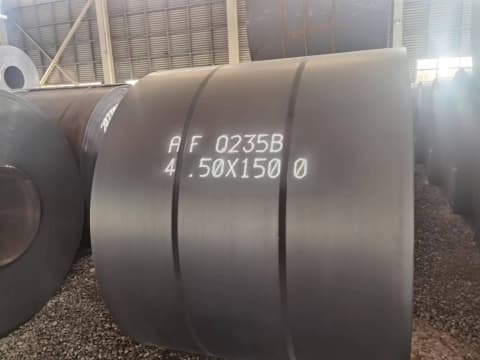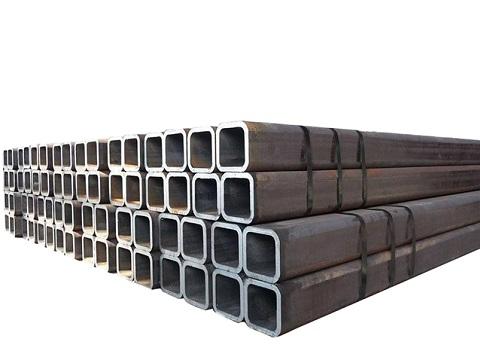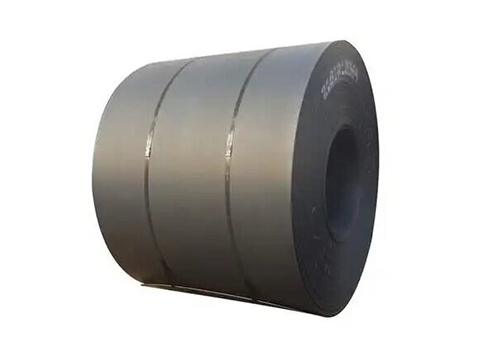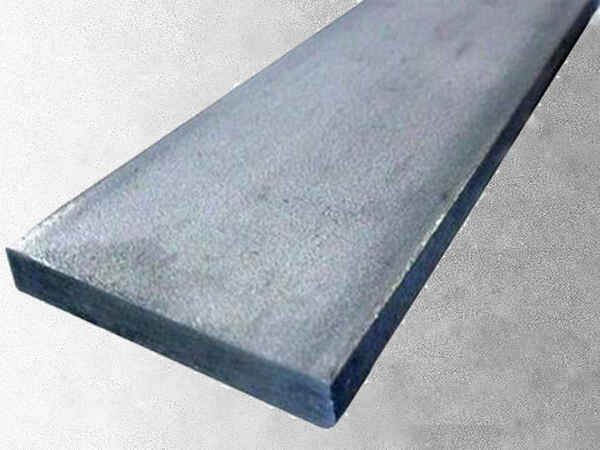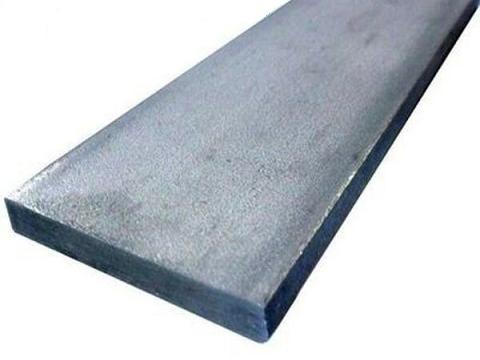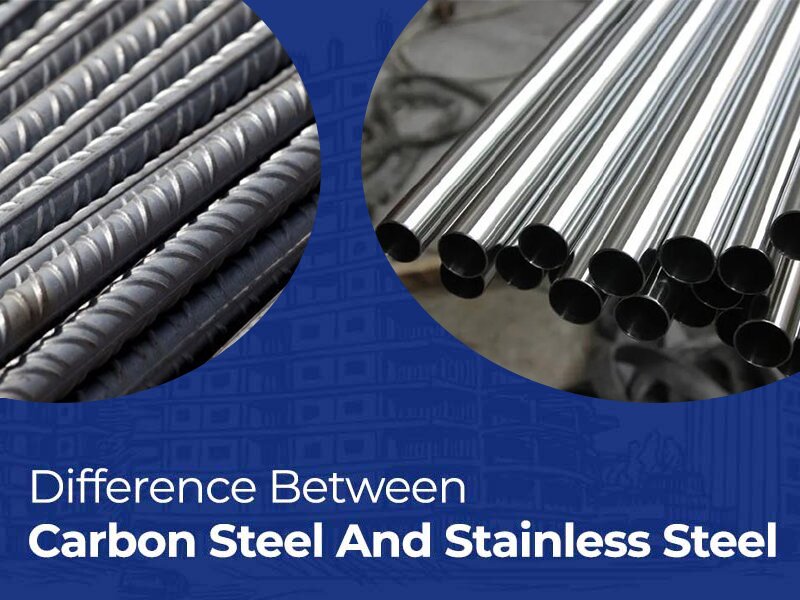Q235A And Q235B Carbon Steel Ultimate Guide & pit Avoidance
Q235A and Q235B are both called Q235. Q235 is a very common ordinary carbon structural steel with a stable yield strength of around 235MPa. It is one of the most widely used steels and plays an important role in many industrial and civilian fields. So what is the difference between Q235A and Q235B? This article will analyze and introduce from the aspects of composition, performance, and application. Q235A and Q235B Quick Reference Table Q235A has moderate strength, good plasticity and toughness, good welding performance, and is easy to process and shape. Q235B Compared with Q235A, it is more stable in quality. The sulfur and phosphorus content is more strictly controlled, […]
Q235A And Q235B Carbon Steel Ultimate Guide & pit Avoidance 続きを読む »
